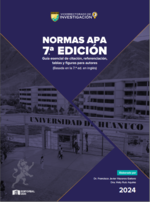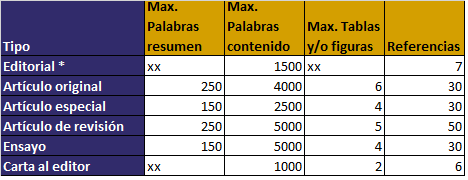Socioformation: a necessary focus on university higher education
DOI:
https://doi.org/10.37711/desafios.2019.1.2.77Keywords:
university, pedagogical innovation, approach, education, humanist, Epistemology, teacher, Methodology.Abstract
This article deals with an analysis of the need to assimilate the paradigm of pedagogical innovation in universities: socioformation. Taking up the humanistic approach to education, and epistemology of complex thought. Because of urgency of forming new generations for the knowledge society. It is necessary to train students aware of their reality and capable of generating new knowledge and, to be better people. Undergraduates show optimal performance in solving problems in the context in which they live, in a position to insert themselves into the social, labor and technological world of this century, with environmental sustainability, improving living conditions and acting with commitment and respect in projects social, through the application of complex thinking and collaborative work. From a panoramic synthesis, theoretical and epistemological approach, methodology, basic features of the teaching profile and some logistical aspects to consider, aligned to this approach, are exposed. In conclusion, it is highlighted that competency-based training implies a paradigm shift compared to traditional education, based on the competency-based approach. Therefore, it seeks to generate reflection on pedagogical practices and adoption of socioformation in the curricular management of universities.
Downloads
Downloads
Published
How to Cite
Issue
Section
License
Copyright (c) 2021 Desafios

This work is licensed under a Creative Commons Attribution 4.0 International License.
a. Los autores conservan los derechos de propiedad intelectual (copyright) de las obras publicadas, cediendole a la revista el derecho de primera publicación.
b. Los autores retienen sus derechos de marca y patente, y también sobre cualquier proceso o procedimiento descrito en el artículo.
c. Los autores retienen el derecho de compartir, copiar, distribuir, ejecutar y comunicar públicamente el artículo publicado en la RD (por ejemplo, colocarlo en un repositorio institucional o publicarlo en un libro), con un reconocimiento de su publicación inicial en la RD.
d. Los autores retienen el derecho a hacer una posterior publicación de su trabajo, de utilizar el artículo o cualquier parte de aquel (por ejemplo: una compilación de sus trabajos, notas para conferencias, tesis, o para un libro), siempre que indiquen la fuente de publicación (autores del trabajo, revista, volumen, número y fecha).
























